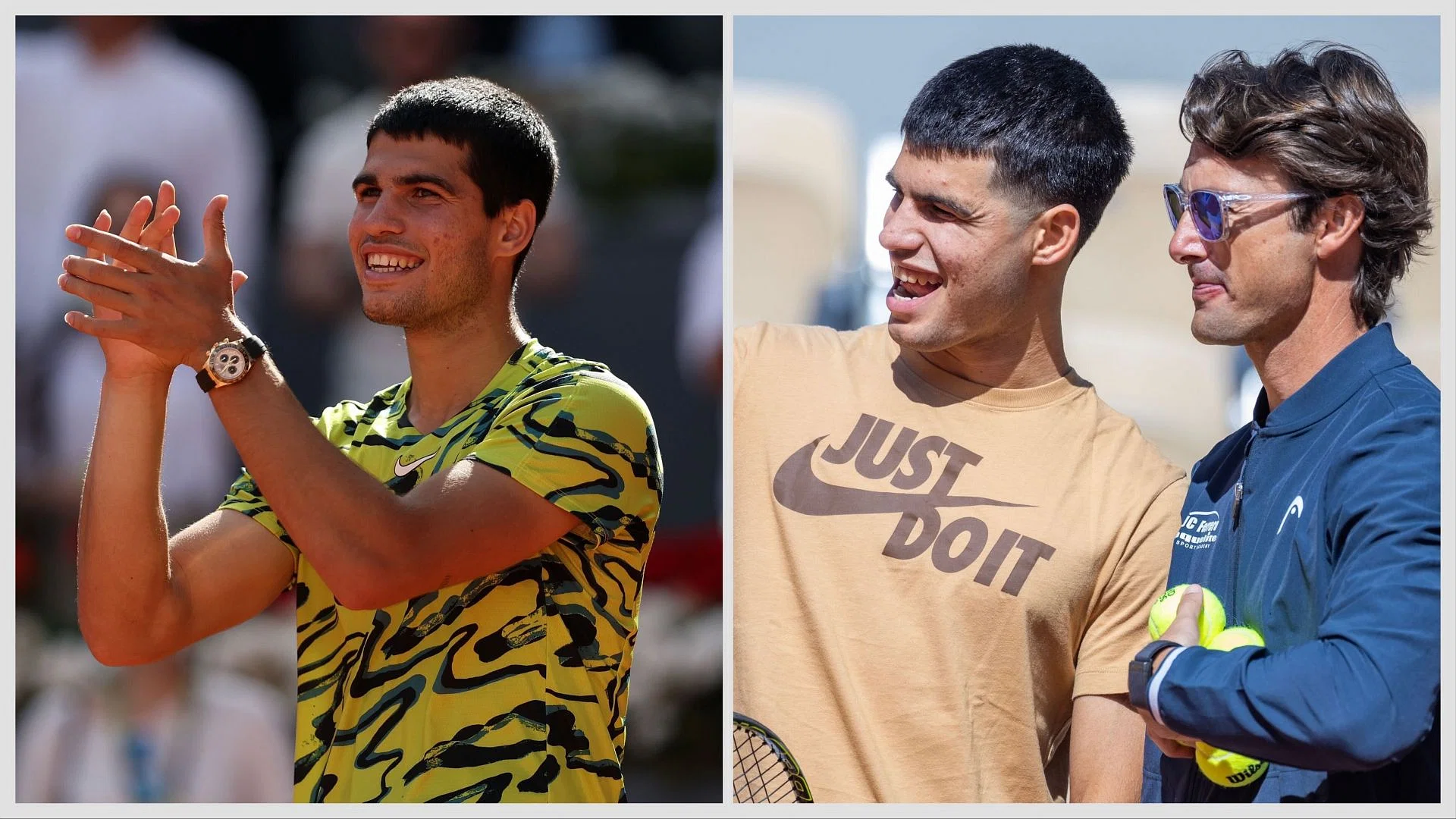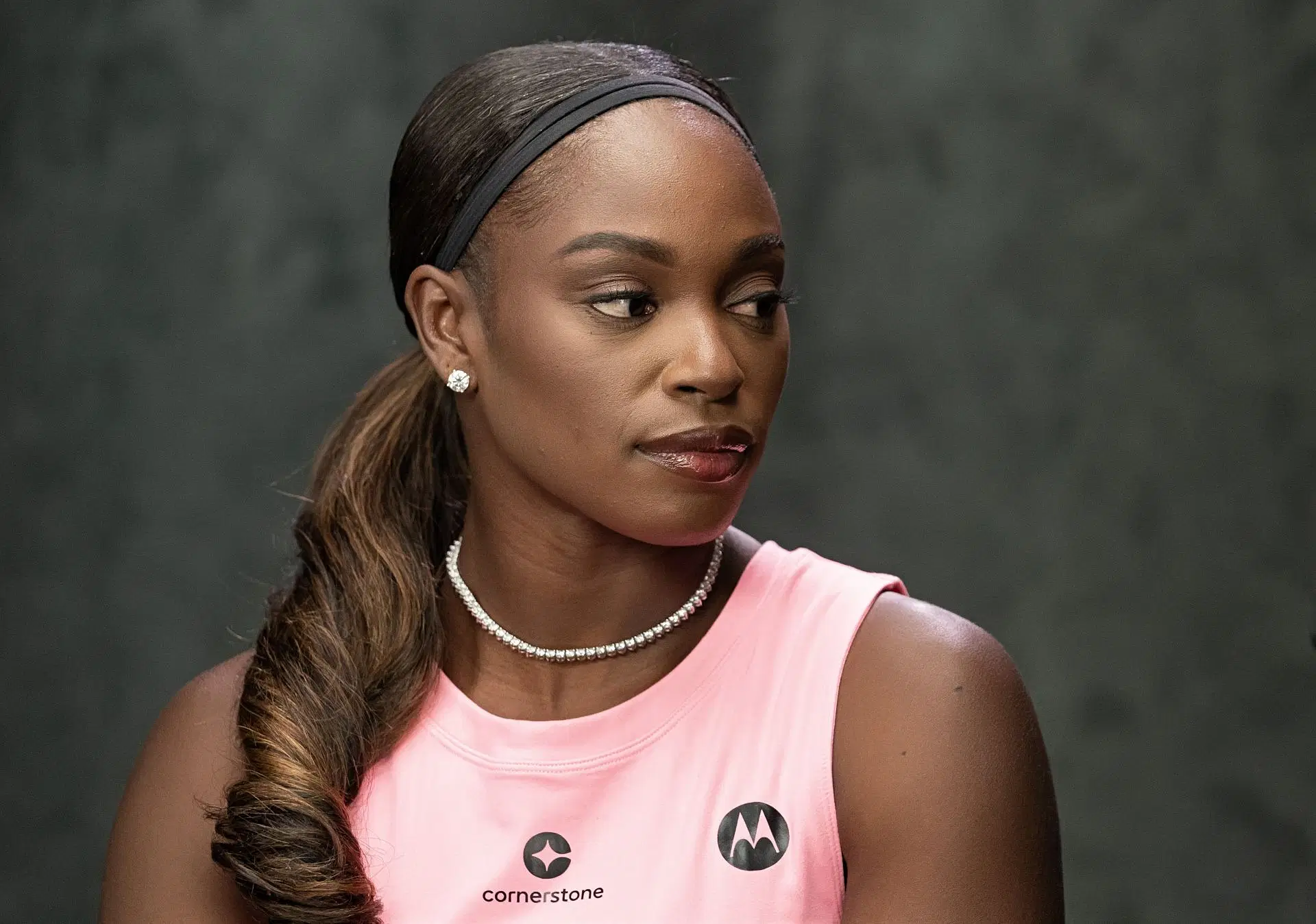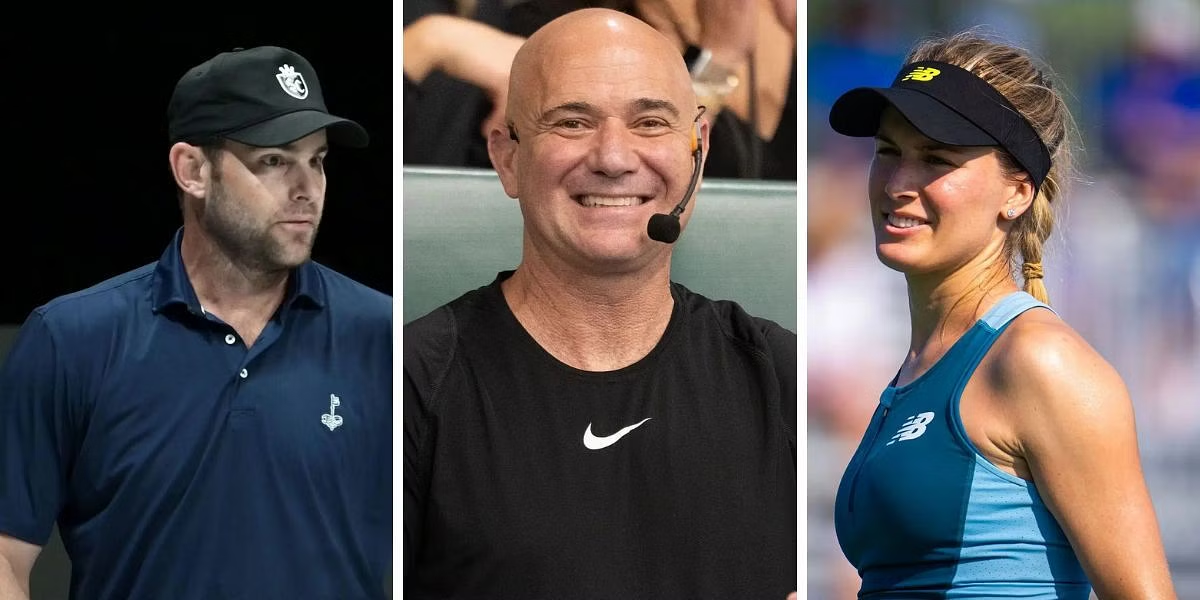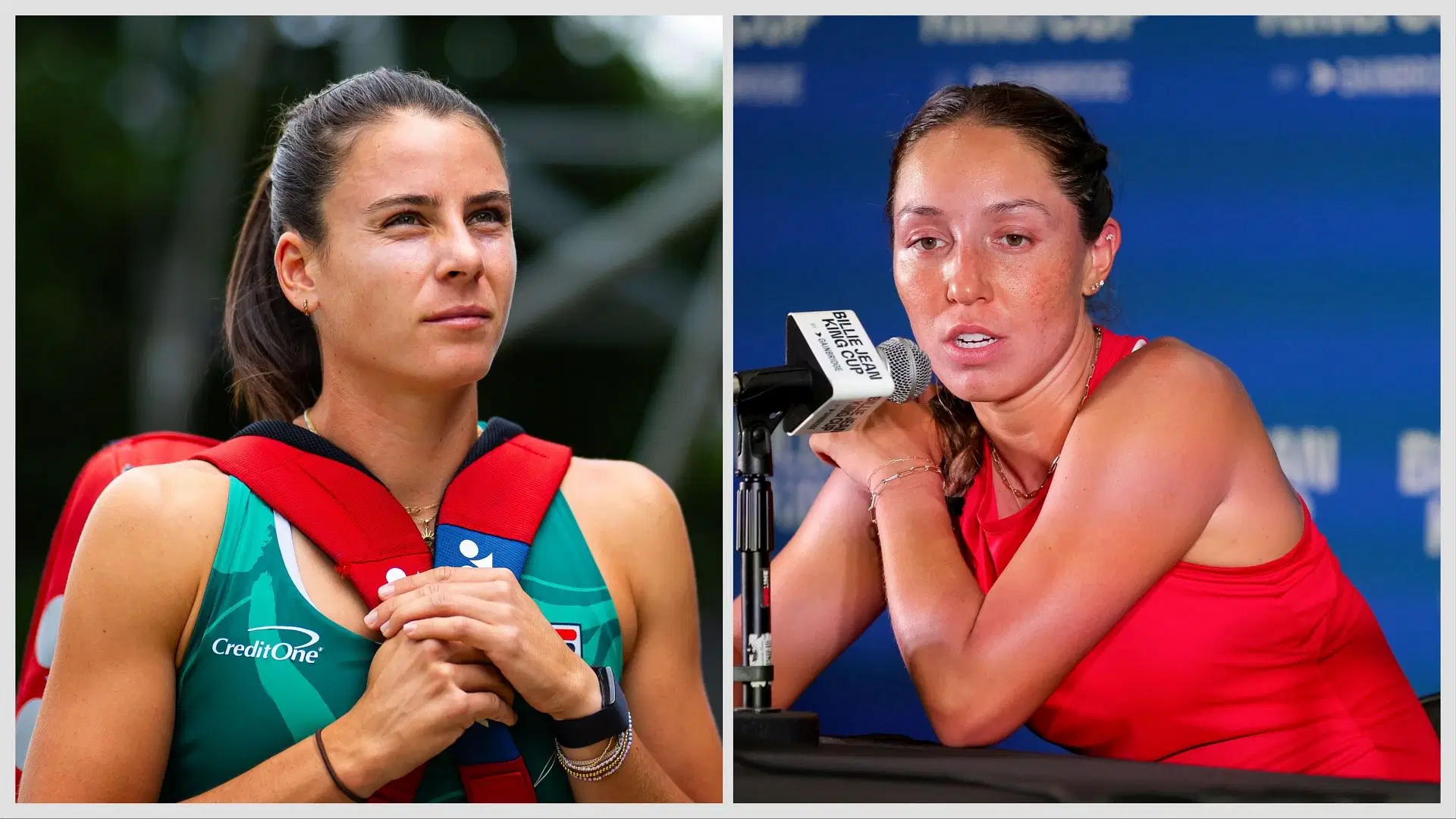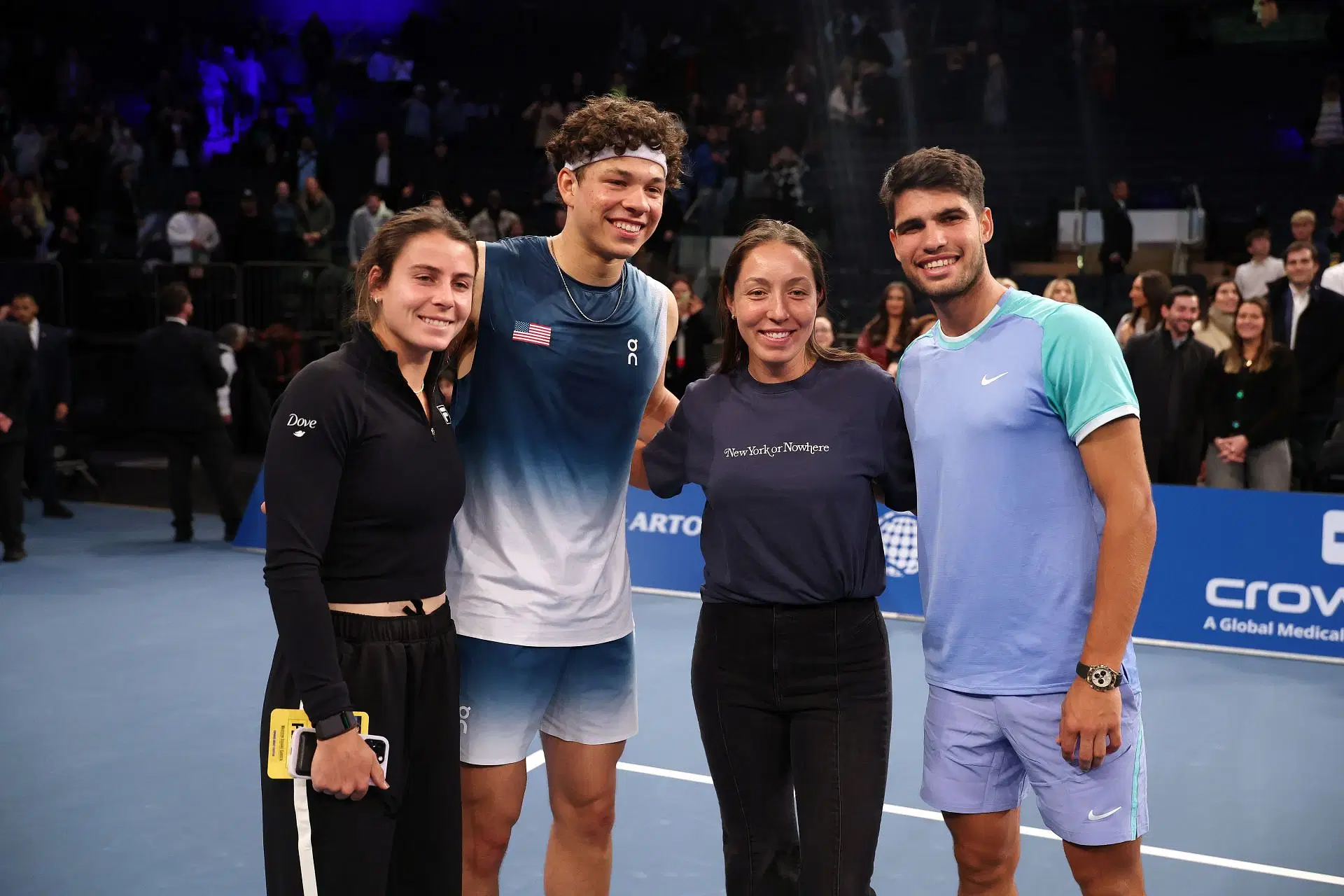The International Tennis Federation (ITF) has announced that “off-court coaching” will be implemented at all levels of international tennis starting on 1 January next year. Currently, the notion of off-court coaching is deemed prohibitory as per the definition of “coaching” under Rule 30 of the ITF regulations.
The new rule from next year has come to pass after a 6-month trial period of the off-court coaching system at the highest level of tennis including Grand Slam tennis on both the men’s and women’s tours.
The trial results have been positive and have conclusively shown that off-court coaching will have benefits such as reducing the pressure from chair umpires regarding making subjective decisions about the current restrictions on coaching, increasing the entertainment value of the sport, and helping in the development of the players.
The new rules, which will be implemented next year, state that players might receive coaching from off-court locations, receive coaching instructions from team captains in case of team events, and also have possible access to Player Analysis Technology to get live feedback of their game during the match.
The coaching will be permitted during the change of ends for players, between the points, and even within the set breaks. The new rules stipulate that instructions can be communicated verbally as well as through hand signals and that they must be done in an orderly, brief, and discreet manner.
However, the sanctioning body of each event will have the final discretion regarding implementing the above-mentioned rules in their respective events.
Off-court coaching has attracted mixed reviews from stakeholders
The Executive Director of ITF, Stuart Miller stated on record that after collecting all pertinent feedback from the relevant stakeholders, the off-court coaching regulations have had majority support. Coaches and players have backed the theory of new regulations, as it might help in player development and also make the tournaments audience-friendly.
Also, chair umpires have expressed their satisfaction with the move, as they feel the new regulations will allow them to supervise the on-court proceedings more accurately.
“We’ve gathered feedback from all key stakeholders including players, coaches and Chair Umpires. Players felt it was a positive development and makes tournaments more interesting for them. Coaches have said it helps player development and helps to improve the standing of their profession. Chair Umpires have said it improves their ability to focus on monitoring the game and making the right decisions, rather than whether or not a coach is coaching against the rules.” said Miller in an interview, via ITF.com.
However top players like Denis Shapovalov and Taylor Fritz have expressed their dissent towards the new rules. The Canadian stated that these new regulations would alter the status quo of the game, ruining the existing beauty of the game.
“Not just as a tennis player but as a fan of this sport it’s sad to see this new off court coaching rule. Tennis is special because you are out there alone. Why are you trying to change the beauty of this game,” Shapovalov said.
On the other hand, World No. 7 Taylor Fritz pointed out that these changes would hamper the 1-on-1 image of tennis and would be detrimental to the strategic aspect of the sport.
“Can we stop ruining the 1v1 mental/strategic aspect of the sport PLEASE.” said Fritz.
Off-court coaching has caused previous controversies in tennis
The current restrictions on off-court coaching have been the root cause of some past troubles in tennis. One notable example was the 2022 Australian Open semifinal match between Daniil Medvedev and Stefanos Tsitsipas.
In the high-stakes match, the Russian player accused his Greek opponent of receiving coaching instructions from his team during the match in their native language. The chair umpire during the match Jaume Campistol did issue a code violation against Tistispas for coaching which brought allegations from the Greek player himself of being unfairly targeted.
Medvedev won the semifinal match 7-6(5), 4-6, 6-4, 6-1. However, the Russian lost the final in an epic five-set match against Rafael Nadal.

